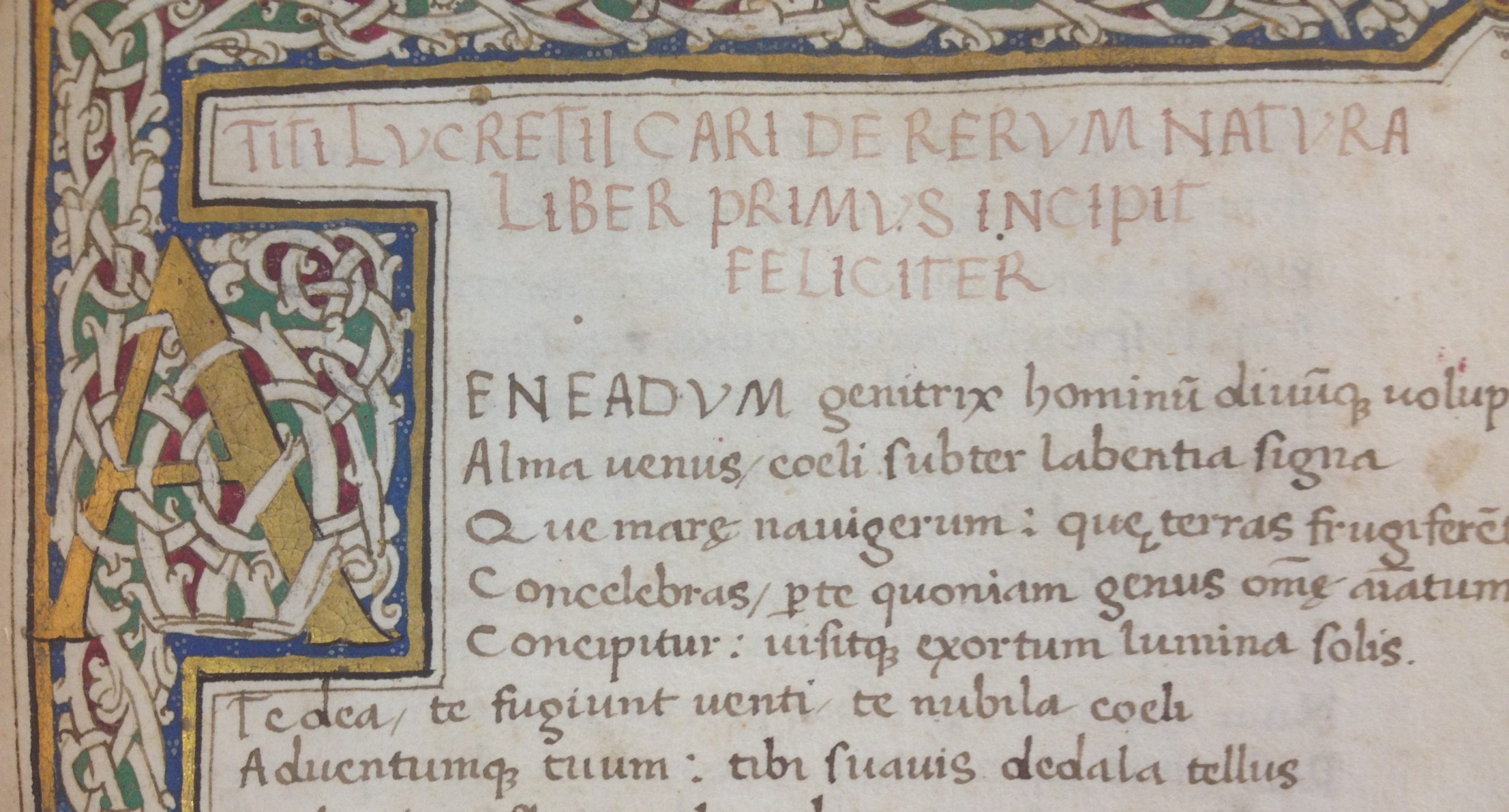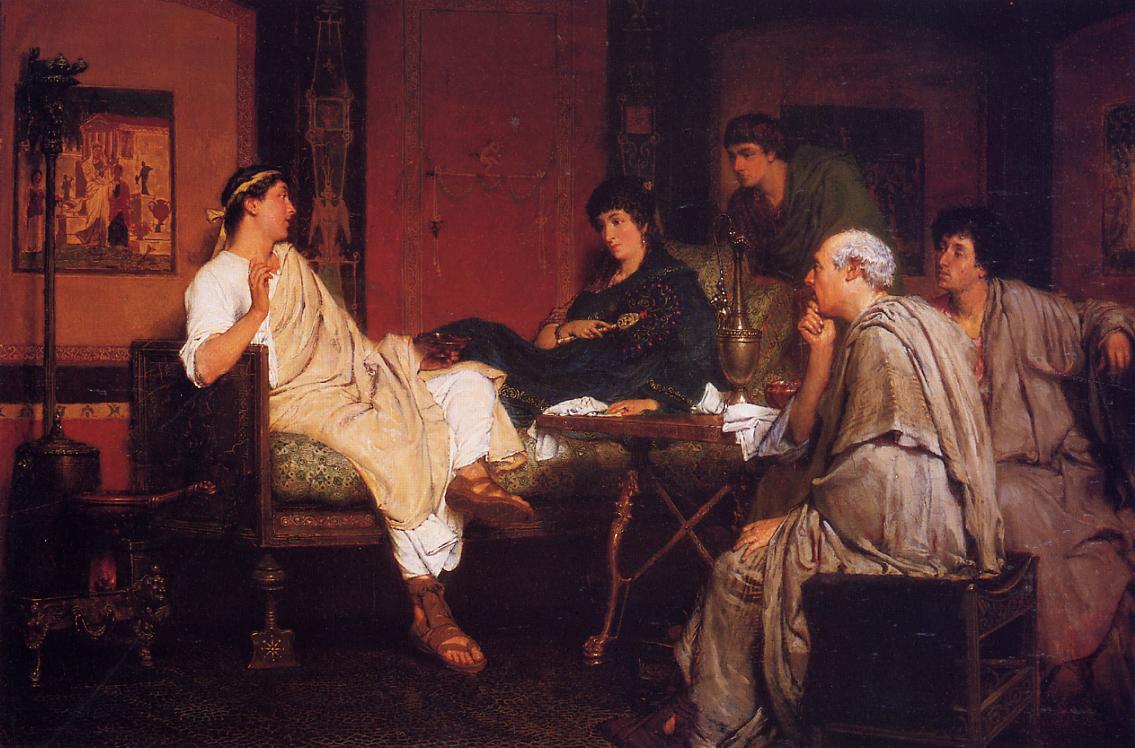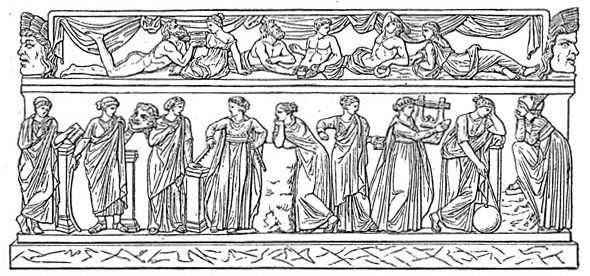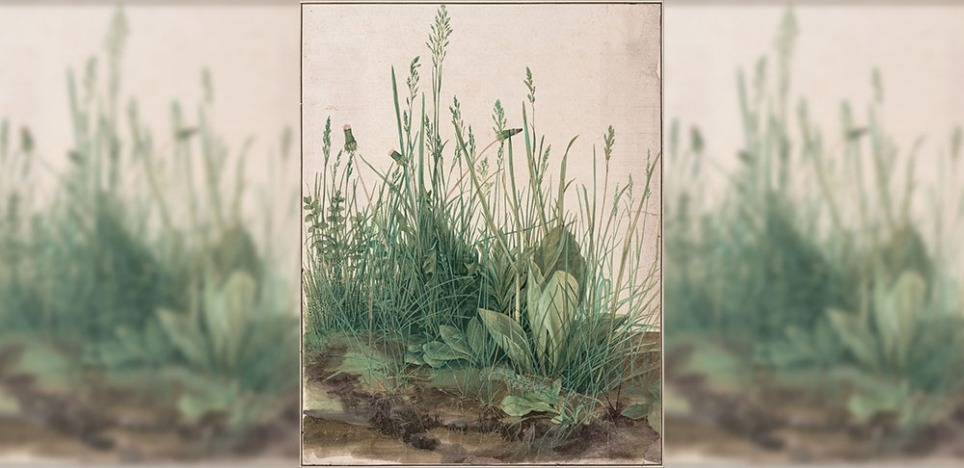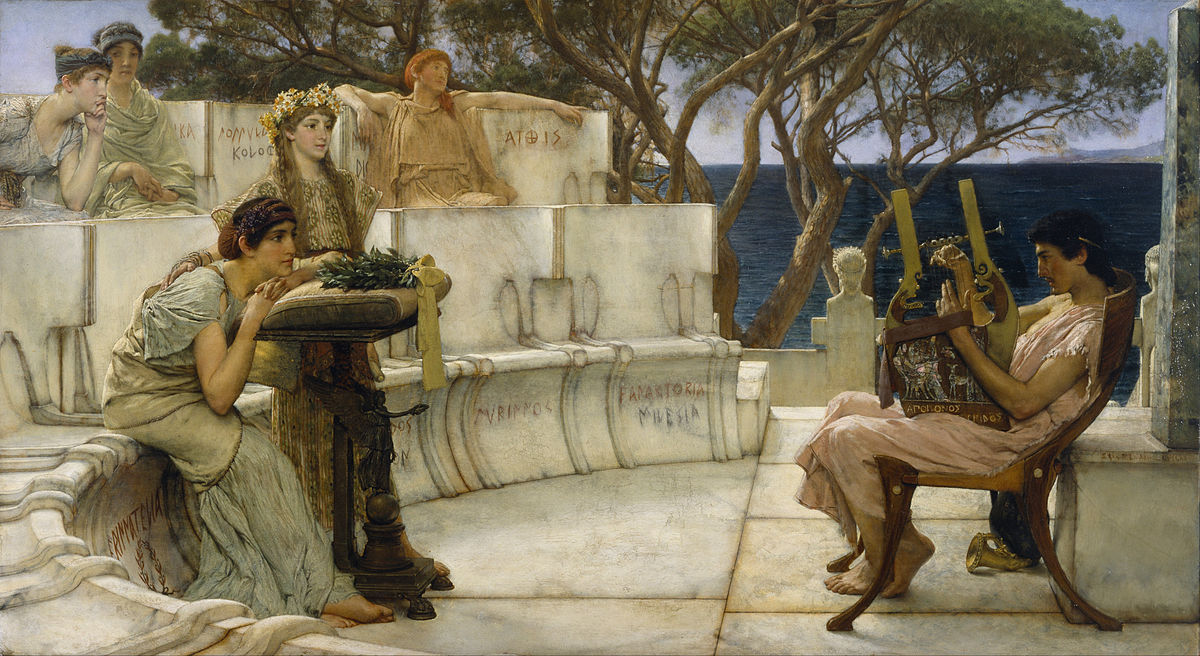by Ed Whelan, Contributing Writer, Classical Wisdom “Mediocrity in poets has never been tolerated by either men, or gods, or booksellers.” So wrote Horace, one of the most celebrated of all the Roman poets. He lived during the Golden Age of Latin literature which occurred in the last decades of the Roman Republic, and continued
